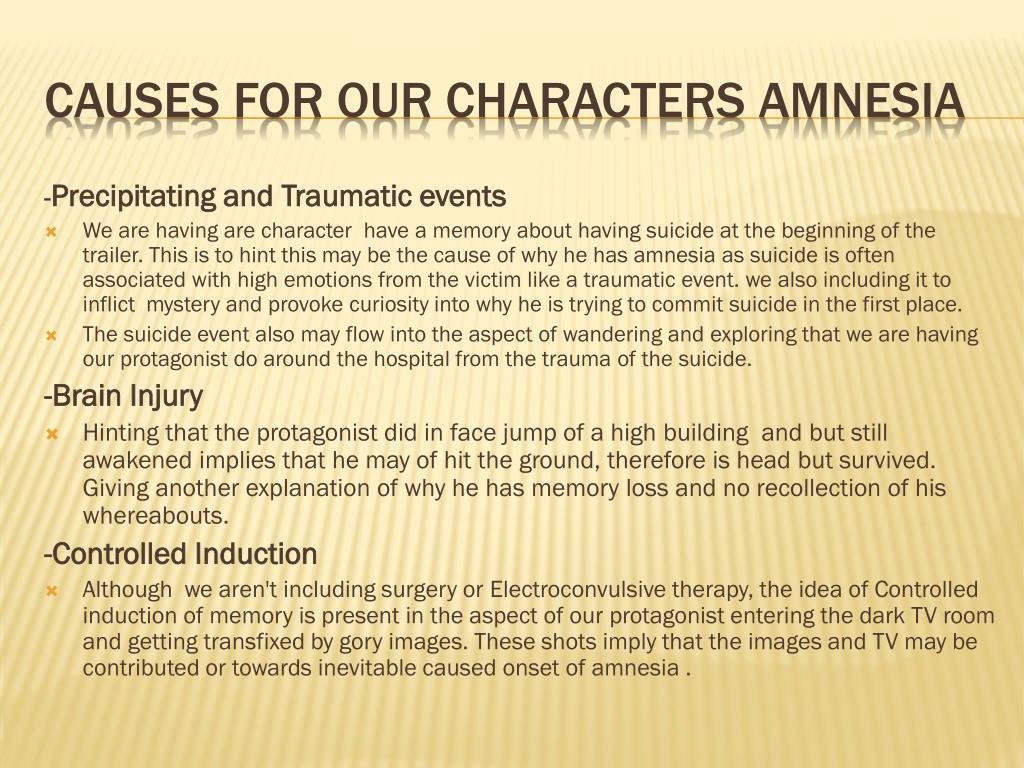

I know for a fact there were Marxist feminist and post-colonial scholars working during his time that were theorizing on similar topics (Fanon comes to mind), and I would have liked to see him engage and acknowledge their work a little when outlining Critical Theory as an alternative to “conformist psychology.” I’m giving it four stars because Jacoby does not mention feminism or critical race theory even once. What’s at stake is an accurate understanding of the interplay of social structures and individual psychological experience, and I found the theory Jacoby advances to be very compelling.

Jacoby presents a critique of responses to Freudian psychoanalytic theory that depend on incomplete/revisionist readings of Freud and dull the political potential of psychoanalysis even as they are trying to advance a leftist politic in their work. I found this among my mom’s old books from her Marriage & Family Therapy graduate studies, and am so glad I picked it up. Freudianism died and, in its place, an even more conformist psychology took place. Americanisation of psychoanalysis destroyed its radical core, psychoanalysis became a 'how to guide' (see The Art of Loving), a boutique good, a one-stop shop fix-all therapy. Furthermore, they embraced the radical subjectivity inherent in psychoanalysis, without shoehorning their understanding of society into a reductionist sociology which attempted to reduce the world to economics (as in vulgar Marxism) or radical subjectivity (as in the psychology of Cooper and Laing). Rather than distorting and repressing the radical implications of psychoanalysis, by individualising its application and minimising the influence of society, the Frankfurt School thinkers embraced them, and fixed their gaze on the mass culture which their contemporaries refused to engage with. For Jacoby, the Frankfurt School thinkers György Lukács, Theodor Adorno, Walter Benjamin, and Herbert Marcuse represent the other side of psychoanalysis. Russell Jacoby explores the betrayal of psychological radicalism by Alfred Adler, which Jacoby argues has imbued major psychological currents following Freudianism. "If the history of psychology is the history of forgetting, Adler was the first, but by no means the last, to forget." (44) "What Georg Lukács did for Marxism in 'What is Orthodox Marxism?' has not been done for Freudianism." (12-13) Social Amnesia contains a forceful argument for "thinking against the grain - an endeavor that remains as urgent as ever." It is an important work for sociologists, psychologists, and psychoanalysts.

He discusses how in the years since Social Amnesia was first published society has oscillated from extreme subjectivism to extreme objectivism, which feed off each other and constitute two forms of social amnesia: a forgetting of the past and a pseudo-historical consciousness. Jacoby's new self-evaluation has the same sharp edge as the book itself, offering special insights into the evolution of psychological theory during the past two decades.In his probing, self-critical new introduction, Jacoby maintains that any serious appraisal of psychology or sociology, or any discipline, must seek to separate the political from the theoretical. It is simultaneously a critique of present practices and theories in psychology. Social Amnesia is an effort to remember what is perpetually lost under the pressure of society. In this book, Jacoby excavates the critical and historical concepts that have fallen prey to the dynamic of a society that strips them both of their historical and critical content. Russell Jacoby defines social amnesia as society's repression of remembrance - society's own past.


 0 kommentar(er)
0 kommentar(er)
